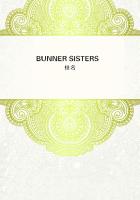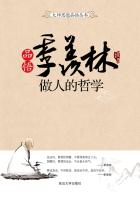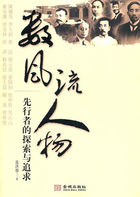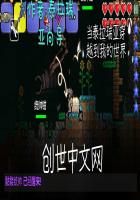As to the amount of land to be ceded, it was decided that the existing arrangements, founded on experience, should, as a general rule, be preserved--in other words, the land actually enjoyed by the peasants should be retained by them; and in order to prevent extreme cases of injustice, a maximum and a minimum were fixed for each district. In like manner, as to the dues, it was decided that the existing arrangements should be taken as the basis of the calculation, but that the sum should be modified according to the amount of land ceded. At the same time facilities were to be given for the transforming of the labour dues into yearly money payments, and for enabling the peasants to redeem them, with the assistance of the Government, in the form of credit.
This idea of redemption created, at first, a feeling of alarm among the proprietors. It was bad enough to be obliged to cede a large part of the estates in usufruct, but it seemed to be much worse to have to sell it. Redemption appeared to be a species of wholesale confiscation. But very soon it became evident that the redeeming of the land was profitable for both parties. Cession in perpetual usufruct was felt to be in reality tantamount to alienation of the land, whilst the immediate redemption would enable the proprietors, who had generally little or no ready money to pay their debts, to clear their estates from mortgages, and to make the outlays necessary for the transition to free labour. The majority of the proprietors, therefore, said openly: "Let the Government give us a suitable compensation in money for the land that is taken from us, so that we may be at once freed from all further trouble and annoyance."
When it became known that the Commission was not merely arranging and codifying the materials, but elaborating a law of its own and regularly submitting its decisions for Imperial confirmation, a feeling of dissatisfaction appeared all over the country. The nobles perceived that the question was being taken out of their hands, and was being solved by a small body composed of bureaucrats and nominees of the Government. After having made a voluntary sacrifice of their rights, they were being unceremoniously pushed aside. They had still, however, the means of correcting this. The Emperor had publicly promised that before the project should become law deputies from the Provincial Committees should be summoned to St. Petersburg to make objections and propose amendments.
The Commission and the Government would have willingly dispensed with all further advice from the nobles, but it was necessary to redeem the Imperial promise. Deputies were therefore summoned to the capital, but they were not allowed to form, as they hoped, a public assembly for the discussion of the question. All their efforts to hold meetings were frustrated, and they were required merely to answer in writing a list of printed questions regarding matters of detail. The fundamental principles, they were told, had already received the Imperial sanction, and were consequently removed from discussion. Those who desired to discuss details were invited individually to attend meetings of the Commission, where they found one or two members ready to engage with them in a little dialectical fencing. This, of course, did not give much satisfaction. Indeed, the ironical tone in which the fencing was too often conducted served to increase the existing irritation. It was only too evident that the Commission had triumphed, and some of the members could justly boast that they had drowned the deputies in ink and buried them under reams of paper.
Believing, or at least professing to believe, that the Emperor was being deceived in this matter by the Administration, several groups of deputies presented petitions to his Majesty containing a respectful protest against the manner in which they had been treated. But by this act they simply laid themselves open to "the most unkindest cut of all." Those who had signed the petitions received a formal reprimand through the police.
This treatment of the deputies, and, above all, this gratuitous insult, produced among the nobles a storm of indignation. They felt that they had been entrapped. The Government had artfully induced them to form projects for the emancipation of their serfs, and now, after having been used as a cat's-paw in the work of their own spoliation, they were being unceremoniously pushed aside as no longer necessary. Those who had indulged in the hope of gaining political rights felt the blow most keenly. A first gentle and respectful attempt at remonstrance had been answered by a dictatorial reprimand through the police! Instead of being called to take an active part in home and foreign politics, they were being treated as naughty schoolboys. In view of this insult all differences of opinion were for the moment forgotten, and all parties resolved to join in a vigorous protest against the insolence and arbitrary conduct of the bureaucracy.
A convenient opportunity of making this protest in a legal way was offered by the triennial Provincial Assemblies of the Noblesse about to be held in several provinces. So at least it was thought, but here again the Noblesse was checkmated by the Administration.
Before the opening of the Assemblies a circular was issued excluding the Emancipation question from their deliberations. Some Assemblies evaded this order, and succeeded in making a little demonstration by submitting to his Majesty that the time had arrived for other reforms, such as the separation of the administrative and judicial powers, and the creation of local self-
government, public judicial procedure, and trial by jury.















